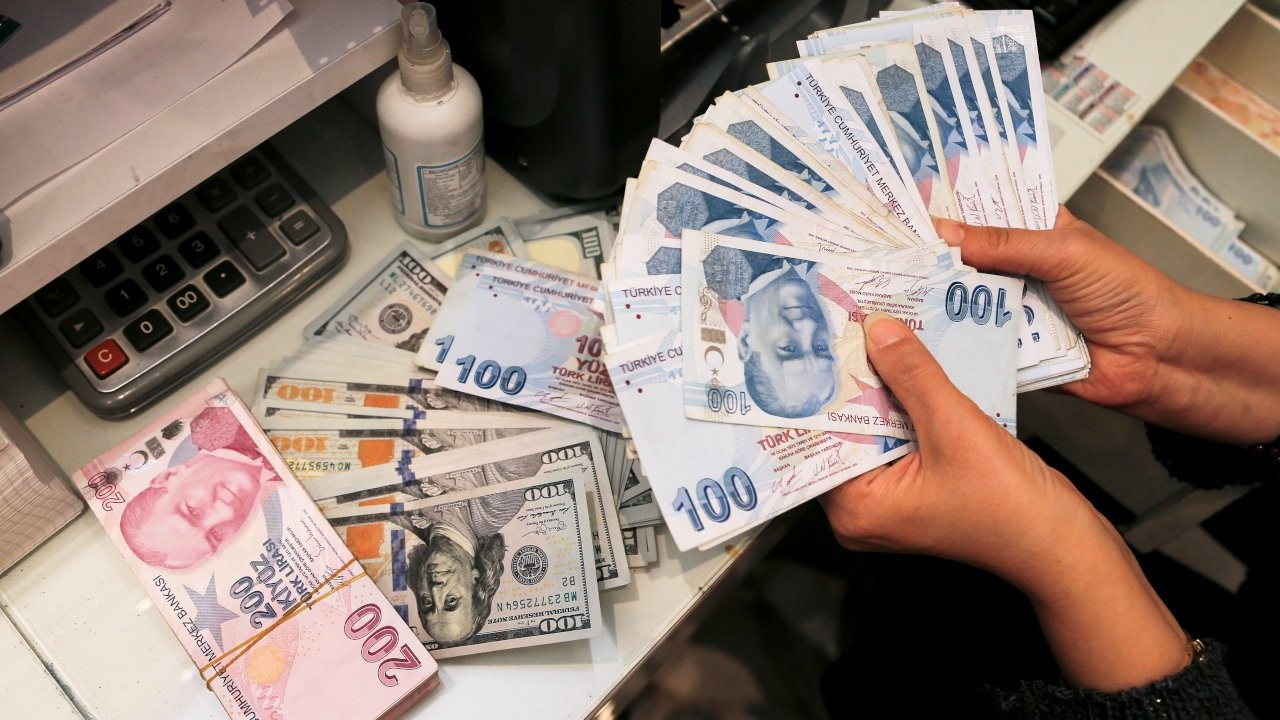Turkish state energy giants 'preparing for reorganization ahead of possible sale'
Turkey is preparing to reorganize some of its largest state companies ahead of possible stake sales or public offerings, Bloomberg reported on Oct. 20.
Duvar English
Turkey is preparing to reorganize some of its largest state companies ahead of possible stake sales or public offerings, Bloomberg reported on Oct. 20, citing people with knowledge of the plan.
President Recep Tayyip Erdoğan’s government is planning to focus primarily on energy companies including state gas importer and pipeline operator BOTAŞ, the people said, asking not to be identified as the plans are yet to be made public.
The government wants to split BOTAŞ into smaller pieces and organize trading and pipelines as separate businesses, in line with legislation aimed at liberalizing the gas market. The planned overhaul is aimed at replacing strict state control at these enterprises with a profit-driven corporate mindset, the people said.
The reforms are part of decades-long efforts to stop state enterprises from bleeding cash and will also affect companies outside the energy sector.
The companies can later be prepared for a public offering or privatization after they turn profitable, generating money for the central government budget. In the energy sector, most are owned by the Turkish sovereign wealth fund, including state oil producer Tpao, which is developing a massive gas field in the Black Sea.
Energy Minister Fatih Dönmez said last week that both BOTAŞ and TPAO are key to Turkey’s energy security, rejecting accusations by right-wing opposition Good (İYİ) Party leader Meral Akşener that the government is preparing to sell both to foreign companies.
Similarly, the government has slated state electricity transmission company TEİAŞ for an initial public offering by the end of 2022. It’s been selling assets from the portfolio of the state power producer EÜAŞ for decades.
No major state company has offered a stake for sale in recent years. Turkey’s privatization revenue dipped to a 33-year-low of $22 million in 2020, compared with a peak of $12.5 billion in 2013, according to Privatization Administration data.

 Turkey 'faces threat of grey-listing by global finance watchdog'Economy
Turkey 'faces threat of grey-listing by global finance watchdog'Economy Turkish lira continues to sink, hits an all-time low against dollarEconomy
Turkish lira continues to sink, hits an all-time low against dollarEconomy Erdoğan's central bank overhaul clears way for more rate cutsEconomy
Erdoğan's central bank overhaul clears way for more rate cutsEconomy